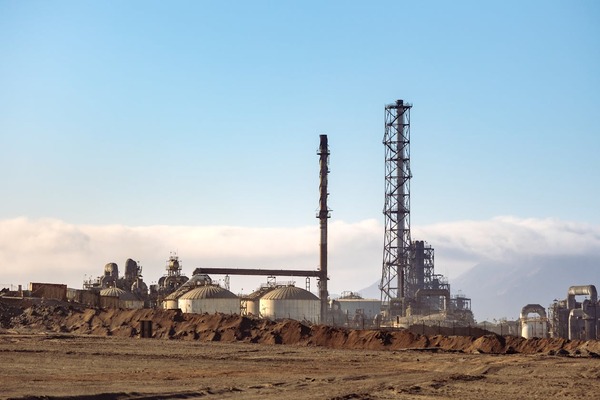At the 4th ICAO Global Implementation Support Symposium 2025 (GISS 2025) and the inaugural Global Sustainable Aviation Marketplace (GSAM 2025), aviation experts came together to discuss ways to accelerate the adoption of clean energy within the aviation sector. A key focus of the discussions was on sustainable aviation fuel (SAF), which is seen as a contributing factor in reducing carbon emissions from air travel.
Fabrice Espinosa, the Founder and CEO of the Asia Sustainable Aviation Fuel Association (ASAFA), emphasized the importance of regional collaboration across Asia to support the broader use of SAF. According to Espinosa, ASAFA’s approach is centered on creating an inclusive environment where both government bodies and private sector stakeholders work together to increase the adoption of sustainable fuels. Espinosa also highlighted the need to advance new technologies, particularly in areas like alcohol-to-jet and power-to-liquid fuel production, which could play a pivotal role in diversifying clean energy sources for aviation.
Jane Hupe, who leads the environmental programme at the International Civil Aviation Organisation (ICAO), addressed the need for comprehensive policy frameworks to support the clean energy transition in aviation. She referred to the global framework established during the CAAF3 conference in the UAE in 2023, noting that a balanced and well-structured policy environment is necessary to ensure a smooth shift towards sustainable energy.
Beyond the aviation sector, Abu Dhabi is advancing several renewable energy projects that complement the region’s clean energy goals. Among these is the Al Dhafra Solar PV Project, one of the world’s largest single-site solar power plants, which contributes to the UAE’s efforts to diversify its energy sources. The Noor Abu Dhabi Solar Plant, operational since 2019, also plays a significant role in increasing renewable energy capacity in the region.


